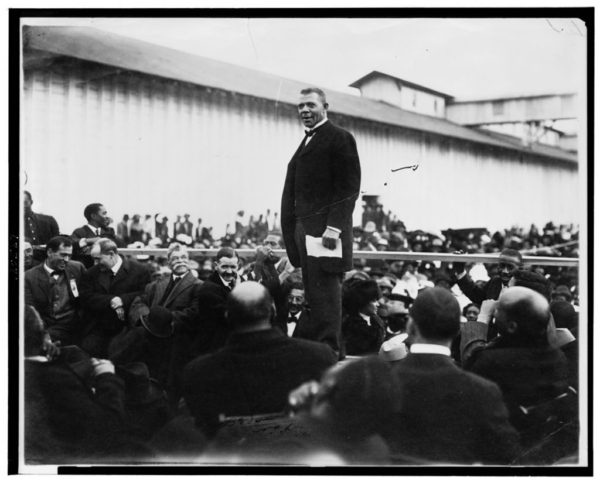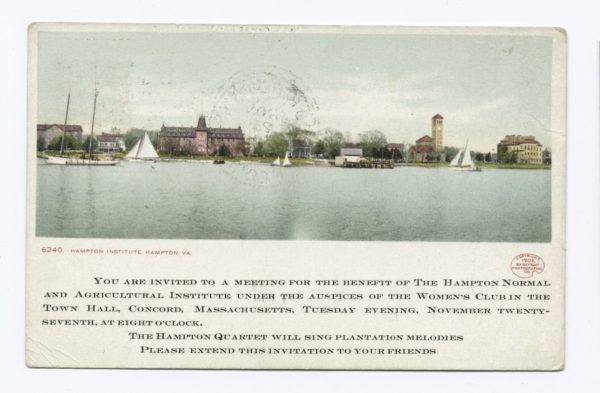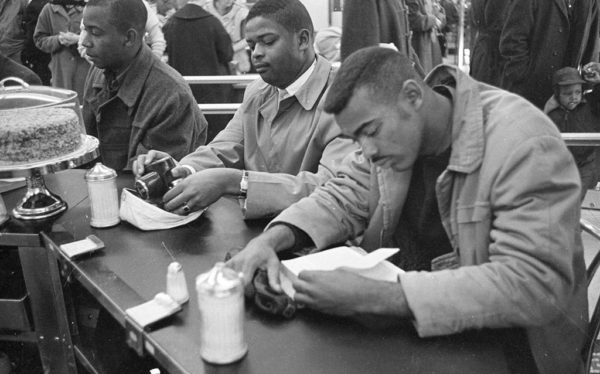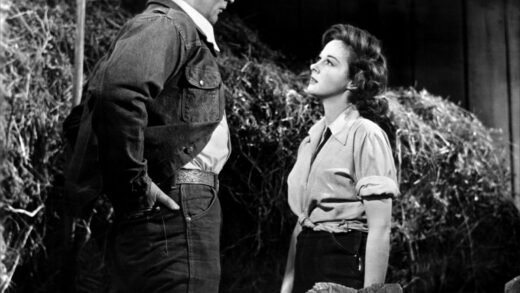This is the second article written on Booker T. Washington’s autobiography Up From Slavery.
Table of Contents
What I learnt about Washington from Up From Slavery
Up From Slavery certainly argues for an industrial and agricultural training for blacks, as W.E.B. Du Bois says in his book The Souls of Black Folk. However, Up From Slavery (hereafter UFS) doesn’t explicitly address delaying political and civil rights. It doesn’t really refer to the fight for political and civil rights at all.
Washington’s argument is his life: he’s made himself “indispensable,” and this he demands of every student that comes to Tuskegee. He means by this that he has worked hard enough that at each point those holding an opportunity have been forced to give it to him, because he’s earned it. Although the references to Christianity are few, the Protestant work ethic and its belief in the incontrovertible power of labor to transform the laborer are impressed deeply into each page.
Up From Slavery does not mean Up From Unending Toil. Nor does it mean Up From Manual To Intellectual Labor, even though this is mostly true of Washington’s life.
This man is the priest of the high church of meritocracy, in its non-critical sense.
Washington’s ideas are unimpeachable in a nation of ideas, yet perhaps not in a real country. People live between ideas and reality. Some live easily between them (adherents of the meritocracy, frequently Republicans), where ideas seem to have license over reality. But most live uneasily, where ideas and reality invariably and frequently conflict.

Speaking of ideas, how about forgiveness
Washington also took from Christ the credo that there is no benefit in anger or enmity and that the transgressions of others are their own burdens. This man has no patience for victimhood.
I am genuinely uncertain about Christianity’s denunciation of anger and its inability to admit righteous indignation (many would dispute this last feature, I recognize, but I cannot see how that is consonant with Jesus’ teachings). I cannot allow myself indignation—at least when my conscience is consulted, when cooler minds have prevailed. And I try to act this way.
With that said, I confess that in the abstract my mind permits itself to condemn evildoers and enjoy my contempt for them. A sort of fantasy of justice (of the sort, if I could I would say to this person . . . ). But when confronted by real, living human beings I never possess that self-certainty. Human life is too complicated, so I concede sympathy and partial understanding. In fact, my imagined contempt embarrasses me, and I wish I could rid my interior life of it.
Booker T. Washington would agree with me even if he wouldn’t have memories of his father delivering sermons to anchor that conviction (he never knew his father, who was a white man).
Back to Du Bois and justice, forgiveness’s crucible
But I find myself more drawn to Du Bois’ view. Justice cannot wait, and there is palpable, righteous indignation. Blacks cannot expect to become economically “indispensable” where they possess no political and civil rights. Moreover, the bounty of America has been paid for by slave labor—labor taken without reparation. Even Washington admits this.
The central government gave them freedom [after the Civil War], and the whole Nation had been enriched for more than two centuries by the labor of the Negro.
UFS, p. 49
Haven’t blacks already “earned” the benefits that Washington would have them wait to receive?
Another related idea, humility

Christian humility encourages gratitude to others. Up From Slavery devotes more than a chapter to Washington’s benefactors. In that chapter and elsewhere he lists seemingly countless persons to whom he is indebted. Two older ladies from Boston, who I believe remain nameless, are mentioned at somewhat regular intervals through the book. President William McKinley enjoys honors that the twentieth century will eclipse. Washington’s three wives each receive recognition.
One personage especially celebrated is General Samuel Chapman Armstrong, who directed the Hampton Institute (eventually becoming Hampton University) where Washington began the education and training that eventually led Armstrong to recommend him to begin the Tuskegee Normal and Industrial Institute (later Tuskegee University). How Armstrong is described veers close to hagiography. He and Washington had a special relationship. As Armstrong was dying in a state of paralysis, he spent his time with Washington at Tuskegee—days that Washington warmly recounts.
While reading these portions of the book, as they accumulated, I kept wondering how much of the book’s intention was sincerely autobiographical. More plainly, why does Washington devote an entire chapter to his benefactors? At least half of his life he spent soliciting funds to maintain Tuskegee’s operations, to realize its possibilities. Is Up From Slavery part of the campaign? The “Introduction” by editor William L. Andrews, which I read after completing the primary text, confirmed these surmises (xii).
With that said, I do not think acknowledging Washington’s motivation weakens or makes disingenuous his narrative. What he writes is still an account of the principles to which he’s committed himself, as well as an account of some of the significant episodes in his life.
What I’d prefer not to address: hope
In the century since Washington wrote this and when I read it, the Negros became blacks, African Americans, and most recently Blacks. Each of those steps was a sign that America was confronting its history and internal prejudices.
One of the intellectual fallacies that I like to think I’ve overcome is the belief that some problems are transhistorical. By this I mean a conviction like, there will always be racism, etc. The word transhistorical is an abstraction to which nothing actually belongs, because all ideas are historical. All ideas and what they describe emerge out of specific historical circumstances, and racism is a good example of that.

It’s important to acknowledge that racism will eventually end. But to know that requires hope. Hope is presently imbued with a specific political meaning. Obama has claimed this idea and identified it with the actions of Civil Rights titans, like the recently deceased Rep. John Lewis. The only problem with this is that within our poisoned political arena principles cannot be appreciated on their (dare I say) merit.
In that context cynicism is the rule. Yet hope is the only principle that allows individuals to persist in a struggle that seems unending.
Curious what else I’ve been reading during Black History Month?



